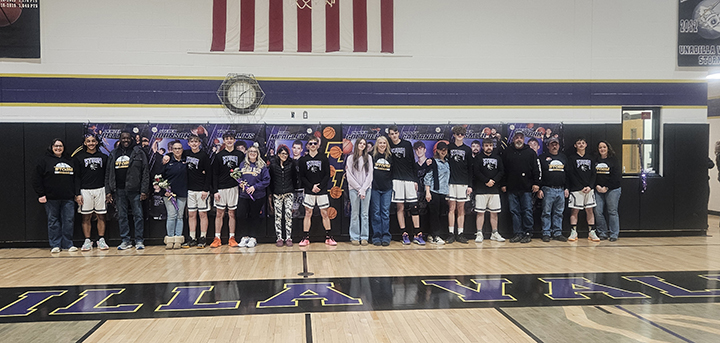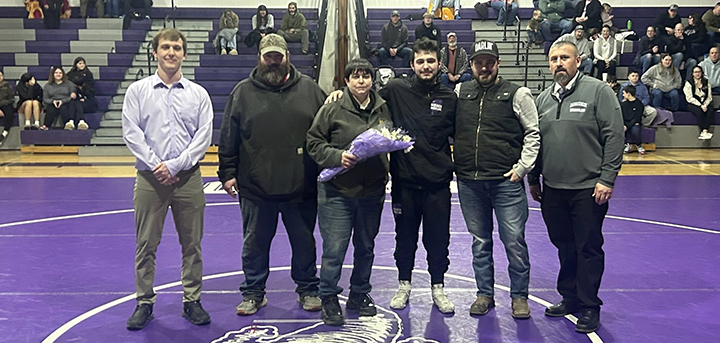The passing of the deer hunter torch
This Saturday's opening day of the three-week regular deer hunting season in the Southern Zone has an added hint of change to it ... for it's the first time ever in New York State that youth hunters aged 14 to 16 years old will be able to legally hunt deer (and black bear, beginning Nov. 22). How many actually participate remains to be seen, but if hunter safety courses' attendance around the zone are any indicator, the number may be fairly substantial, especially in the more rural areas such as ours.
As have been well documented and circulated - especially by the anti-hunting and anti-gun organizations – the number of youths taking up hunting has been in decline for the past decade or so. Several factors have been credited for the decline, much to the delight of anti groups, but the sad truth of the matter is that, as a whole, hunters and anglers have historically been the main stewards of our natural environment and the creatures that depend on it. It is also their money – via licenses, fees and special taxes – that fund most of the various state and federal management programs so critical to the welfare of the natural environment.









Comments